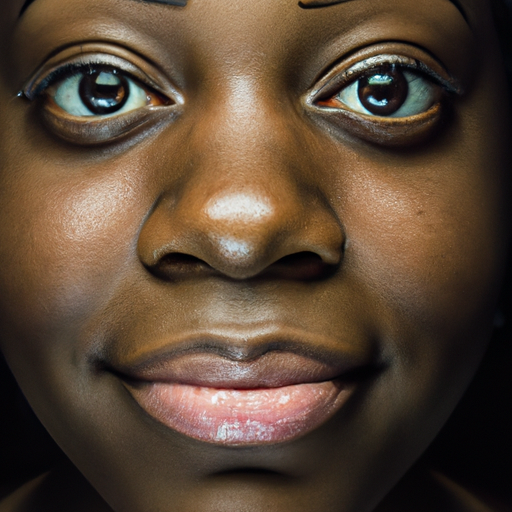As a dermatologist, I encounter patients daily who are struggling with dry, itchy skin. This condition can be uncomfortable and even painful, affecting one’s quality of life. However, there are several proven strategies to calm your skin and unleash its natural smoothness. Here are six effective methods to alleviate dry, itchy skin:
1. Hydrate: The first line of defense against dry skin is hydration. Drinking plenty of water helps maintain the skin’s natural moisture balance. Aim for at least eight glasses of water a day. This not only benefits your skin but also promotes overall health.
2. Moisturize: Regular application of a good moisturizer is crucial in managing dry, itchy skin. Look for products containing ingredients like hyaluronic acid, ceramides, or glycerin, which help retain moisture. Apply moisturizer immediately after bathing when your skin is still damp to lock in the moisture.
3. Use Gentle Skin Care Products: Avoid soaps and body washes with harsh chemicals and fragrances as they can strip your skin of its natural oils, leaving it dry and irritated. Opt for gentle, fragrance-free cleansers and body washes instead.
4. Humidify: Dry air can exacerbate dry skin conditions. Using a humidifier in your home can help maintain a healthy level of humidity, preventing your skin from drying out. This is especially beneficial during winter months when indoor air tends to be drier due to heating systems.
5. Exfoliate: Exfoliation removes dead skin cells that can make your skin look dull and flaky. However, it’s essential to do it gently and not more than once a week to avoid irritating your skin further. Choose a mild exfoliator suitable for sensitive skin.
6. Protect Your Skin: Sun exposure can dry out your skin and cause it to age prematurely. Always apply a broad-spectrum sunscreen with an SPF of at least 30 before stepping out. In colder months, protect your skin from harsh winds and cold temperatures by wearing gloves and scarves.
Dry, itchy skin can be a sign of various skin conditions like eczema or psoriasis. If your dry skin persists despite following these strategies, it’s important to consult a dermatologist. We can assess your skin, diagnose any underlying conditions, and provide a tailored treatment plan.
Remember, everyone’s skin is different. What works for one person may not work for another. It may take some trial and error to find the best routine for your skin. However, by incorporating these strategies into your daily routine, you can help calm your dry, itchy skin and unleash its natural smoothness.
In conclusion, managing dry, itchy skin involves a combination of internal hydration, external moisturization, gentle skin care products, maintaining a healthy indoor environment, regular exfoliation, and protection from harsh elements. With these strategies in place, you can enjoy smoother, healthier skin. Remember to consult a dermatologist if your symptoms persist or worsen. Your skin is a reflection of your overall health, and taking care of it is an essential part of self-care.



